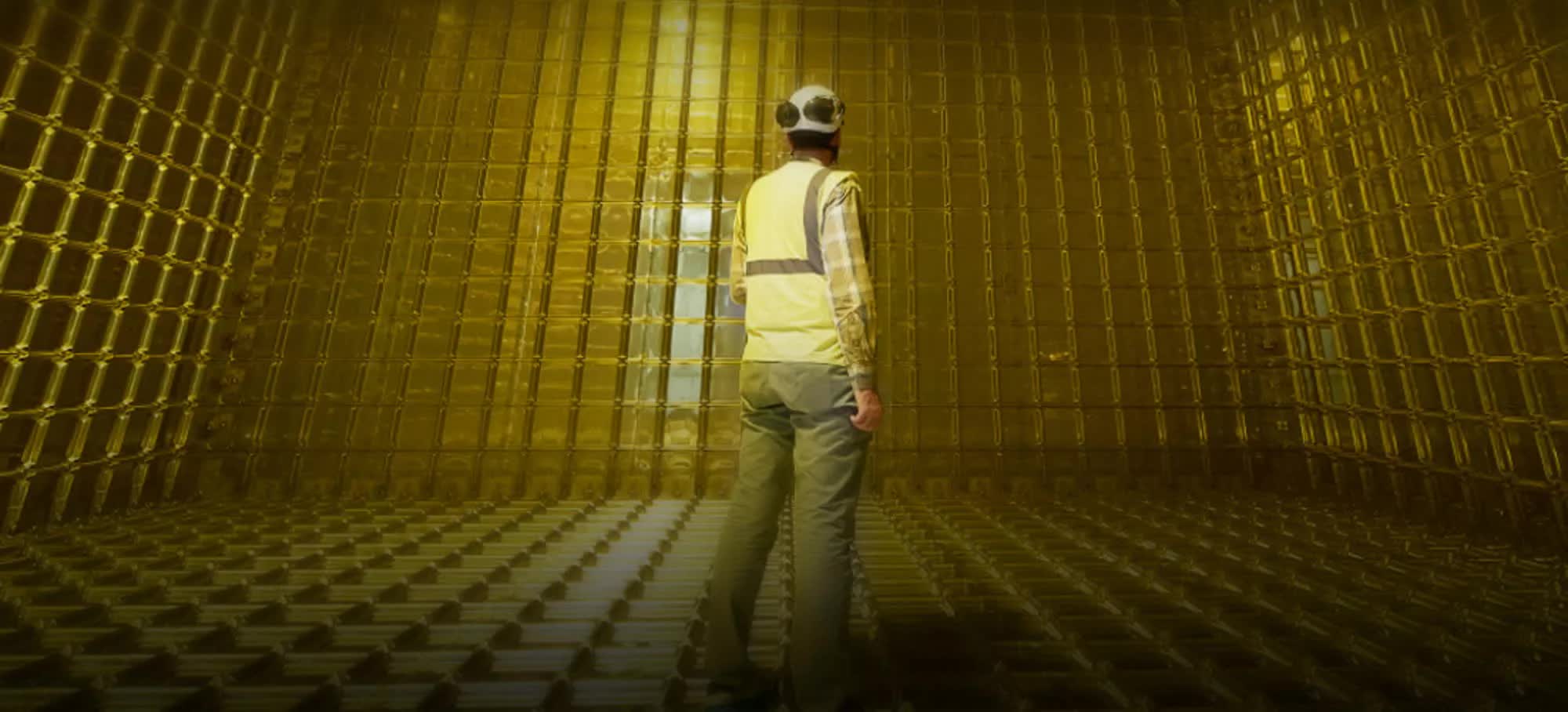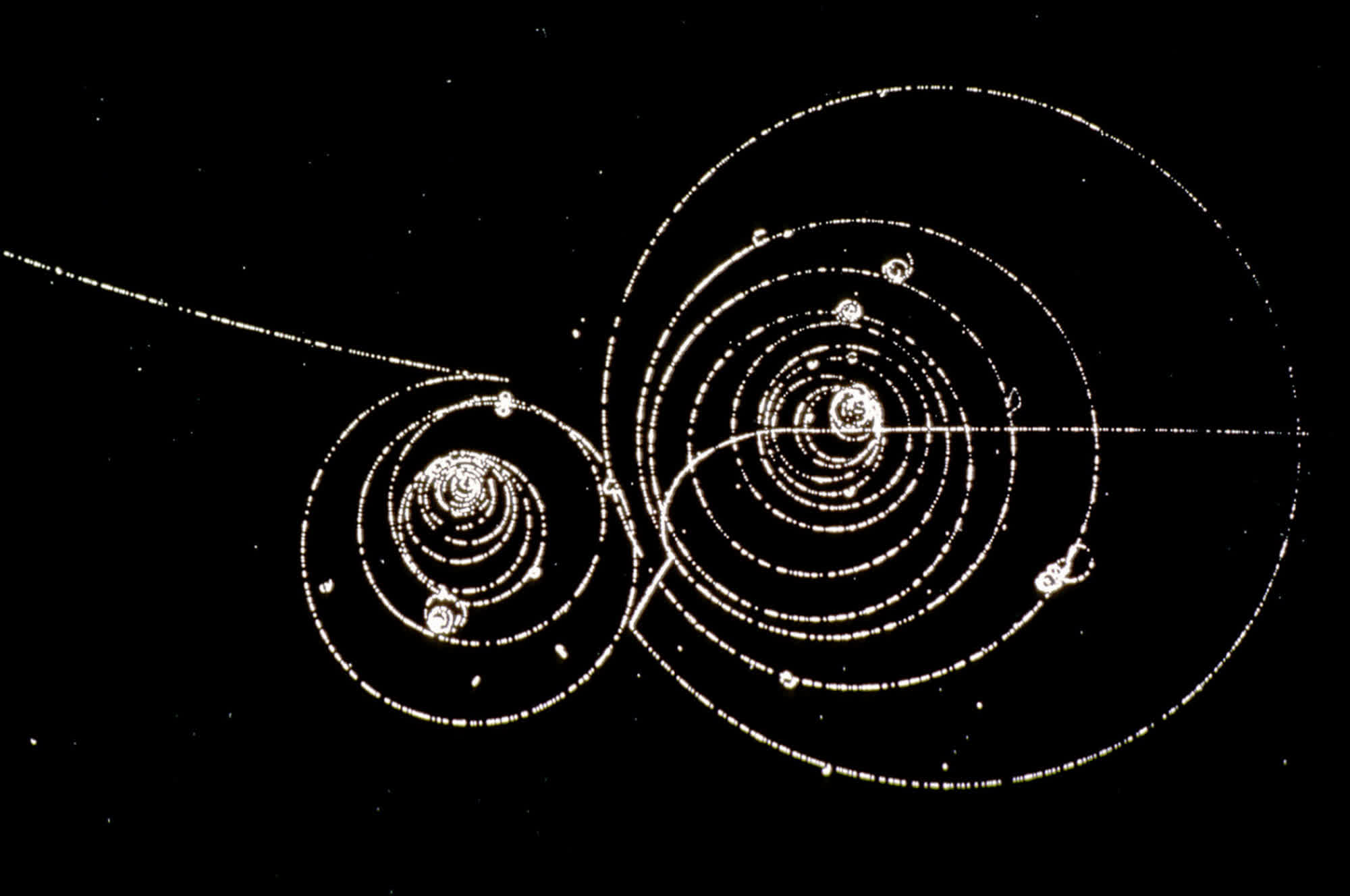Forward-looking: Antimatter consists of particles with properties opposite to those of regular particles. It plays a central role in modern physics research and forms naturally through cosmic collisions or radioactive decay. However, studying it is difficult, as contact with normal matter results in instant annihilation.
The European Organization for Nuclear Research, better known as CERN, is one of the few places on Earth capable of routinely producing antimatter from high-energy collisions with particle accelerators. Researchers there have now developed a novel method to transport small quantities of antimatter to external laboratories. This world-first achievement could enable more precise studies of the elusive antiparticles described in the Standard Model of particle physics.
CERN researchers developed a two-meter containment device capable of temporarily trapping antimatter particles. They even trucked the device around the facility for four kilometers before returning it to the lab, where they confirmed the antiparticles were still intact.
The brief trip required no external power source, proving that antiparticles can theoretically travel far beyond a few kilometers. It also demonstrated that antimatter can be safely transported to distant laboratories using nothing more than a standard vehicle and Europe's public road network.

CERN facilities lie near Geneva, on the France – Switzerland border. Judging by the truck's route carrying the experimental containment device, the researchers likely crossed the border from France into Switzerland and back.
Physicists have explained the practical application of antimatter transport in a recent study, which revealed limits to precision measurements using low-energy protons produced exclusively at CERN's Antimatter Factory. Magnetic field fluctuations from the facility's decelerators interfere with experiments, while dedicated off-site laboratories could enable more accurate results.
Now that CERN has proven it can safely transport antiparticles beyond its grounds, it is preparing the next phase of its antimatter project. A new, state-of-the-art facility at Heinrich Heine University Düsseldorf in Germany will soon receive the first batch of antimatter cargo. The particles will travel nearly 800 kilometers to reach their destination.
